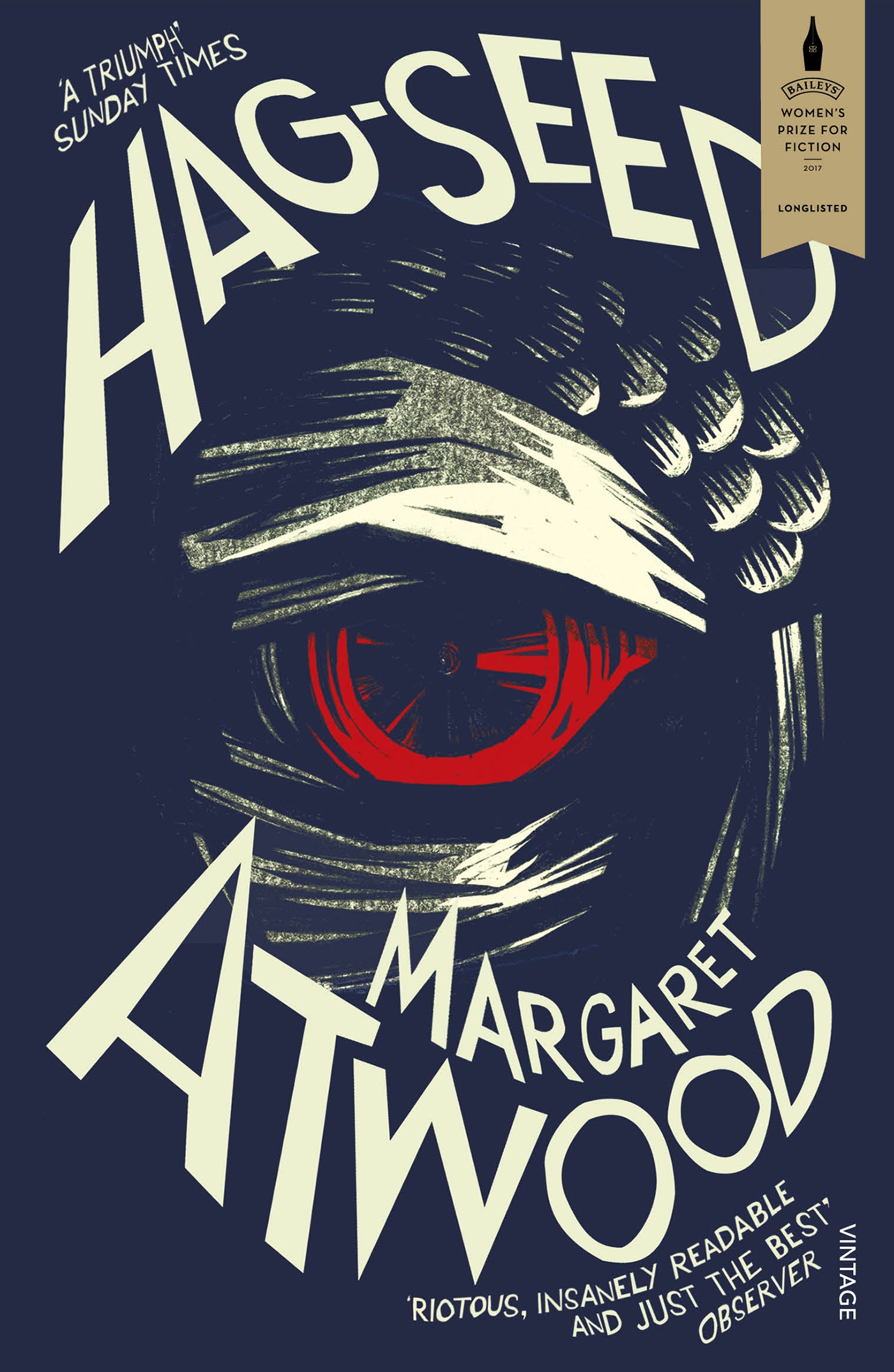


In Hagseed, the text is centered around the evolving dynamic between felix and the inmates, while in the Tempest, Caliban and Prospero, each has their own story, that neither understands of the other and neither story comes together harmoniously. The freedom from the imprisonment that these undesired members of society are in, is through the understanding of them. Felix is able to understand both the frame from which his initial reaction is coming from and understand the merit that comes from the frame different to his (the prisoners). Felix wished he could have squeezed half that much emotion out of his professionals.Ītwood utilises juxtaposition, between "rough" - what the initial reaction is, from his perspective of a theatre director trained in Shakespeare, and "heartfelt" - what the prisoners brought to the table. The performances were a little rough, maybe, but they were heartfelt. The similarity between Hagseed and the Tempest in this regard is that in both texts, these members of society are taught English literature - offered part of the English way of life. In this quote, Miranda uses the metaphor of gabble to describe Caliban's own language, which represents colonial ignorance to the native way of life. When thou didst not, savage, know thine own meaning, but wouldst gabble like a thing most brutish. In the Tempest, Caliban is taught English and his feedback to it, in the quote:


Caliban in the context of colonialism represents the undesired member of that society - much the same as prisoners in today's society. I think, just as you said, the book's very title is a reference to Caliban, suggesting that he should be central to the story. This seems to suggest that elements of Caliban should be central to the story. One could argue that the book simply isn't focused on that facet of the story (as, indeed, the book is focused on some elements of The Tempest and not others), but the book's very title is Hag-Seed, a direct reference to Caliban. being warped and misshapen being mistreated by Felix). Nor is there any character who seems to take on Caliban's narrative role (e.g., attempting to undermine Felix, threatening something dear to him) or any of his thematic elements (e.g. There's no clear reference to a Caliban character (as we have with Felix/Prospero, Tony/Antonio, Lonny/Lorenzo.). Felix's daughter is a combination of Miranda and Ariel - and there are other characters who echo Miranda and Ariel as well).īut one iconic character seems to be missing. Felix is very obviously Prospero), while others have interesting twists (e.g. Many elements of The Tempest are clearly recognizable (e.g. Margeret Atwood's Hag-Seed is a metafictional retelling of Shakespeare's The Tempest.


 0 kommentar(er)
0 kommentar(er)
